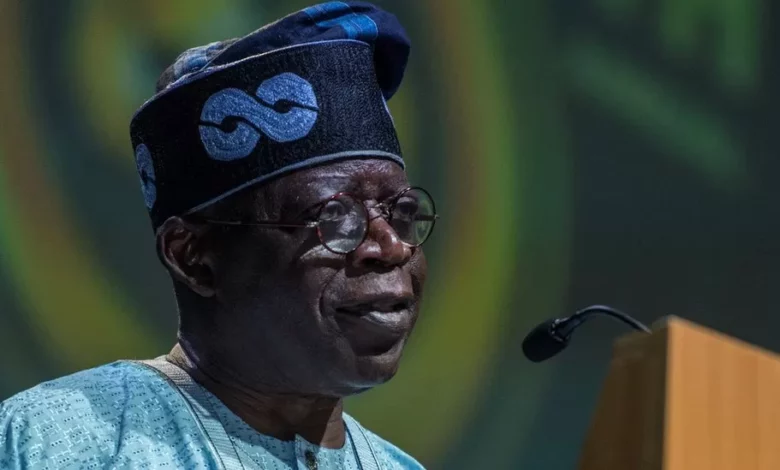
Ruling All Progressives Congress (APC) candidate, Bola Tinubu, has been declared the winner of Nigeria’s disputed presidential election.
The 70-year-old veteran politician got 37 per cent of the vote, official results showed.
His main rival, Atiku Abubakar, polled 29 per cent, and Labour’s Peter Obi, 25 per cent. Their parties had earlier dismissed the poll as a sham, and demanded a rerun.
Mr Tinubu is one of Nigeria’s richest politicians, and based his campaign on his record of rebuilding the biggest city, Lagos, when he was governor.
He was nevertheless defeated in the city by Mr Obi, a relative newcomer who mobilised the support of many young people, especially in urban areas, shaking up the country’s two-party system.
Mr Tinubu won most other states in his home region of the south-west, where he is known as a “political godfather” – for helping to put others into office.
He campaigned for the presidency under the slogan: “Emi lo kan”, which means “It’s my turn” in Yoruba.
In his acceptance speech, Mr Tinubu called for reconciliation.
“I take this opportunity to appeal to my fellow contestants to let us team up together. It is the only nation we have. It is one country and we must build it together,” he said in a televised speech.
He added that they had the right to challenge the results in court, but said that the lapses in the election “were relatively few in number and were immaterial to affect the outcome of this election”.
According to official results, voter turnout was 27 per cent, one of the lowest since the end of military rule in 1999.
With about 8.8 million votes cast for Mr Tinubu, he was the choice of less than 10 per cent of the record 93 million Nigerians who registered to vote, helped by a divided opposition.
A newly introduced electronic voting system seems to have eliminated the ballot-stuffing that happened in the past and helped present a more accurate picture of the voting population.
But given that 87 million people actually collected their voter cards before election day – which was not an easy process and involved queuing for hours – it is more likely that problems on voting day, rather than voter apathy, was responsible for the low number of ballots cast.
Many potential voters left polling stations without casting their ballots after voting did not start on time in many places.
In some opposition strongholds, voting did not take place at all and there were also cases of ballot-box snatching and voter intimidation in southern states, such as Rivers, Lagos and Delta. —BBC






